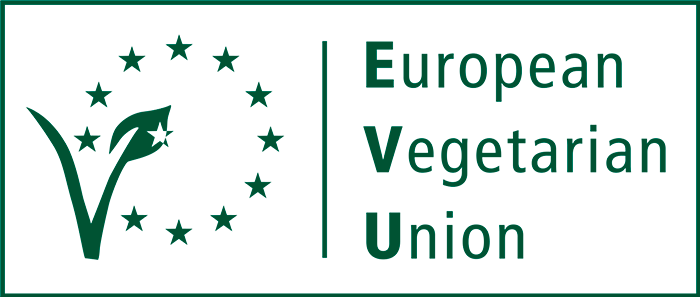In a landmark decision, a municipal court in Denmark has determined that veganism falls under the protection of belief as outlined in Article 9 of the European Convention on Human Rights.
The Hjorring court was ruling on a lawsuit initiated by the Vegetarian Society of Denmark and recognised that acts denying access to plant-based foods were a form of discrimination based on preventing individuals from practising their way of living. Indeed, Article 9 of the European Convention on Human Rights stipulates that every human being has the right to freedom of thought and conscience.
Rune-Christoffer Dragsdahl, Secretary-General of the Vegetarian Society of Denmark, explained: “This is an important milestone for the rights of vegans in Denmark. We hope this will pave the way for the availability of vegan options in all public institutions, but also more broadly, a fundamental recognition of the ethical philosophy of vegans.’’ He moreover expressed hope that ‘’it will inspire colleagues in other countries to pursue similar court cases – getting it established in all countries that vegans are protected against discrimination based on their belief. Our lawsuit here was financed through 1,500 citizens giving micro-donations, so perhaps that is also a way forward for our friends in other countries.”
In a similar vein, the Association Végétarienne de France (AVF) is supporting a lawsuit brought to the European Court of Human Rights in an attempt to have anti-speciesism recognised as a protected belief, and access to plant-based food as a fundamental right. If a decision in this direction were taken, it would entail new obligations for governments and institutions across the 46 member countries of the Council of Europe. Places like hospitals, schools, and prisons would have to ensure that plant-based options are made consistently accessible. The move towards more plant-based options within public catering in institutions was demonstrated in a recent EVU report to be environmentally sound (causing a much lower carbon footprint and lowering water usage), and offer various health benefits, while also being cost-effective.


